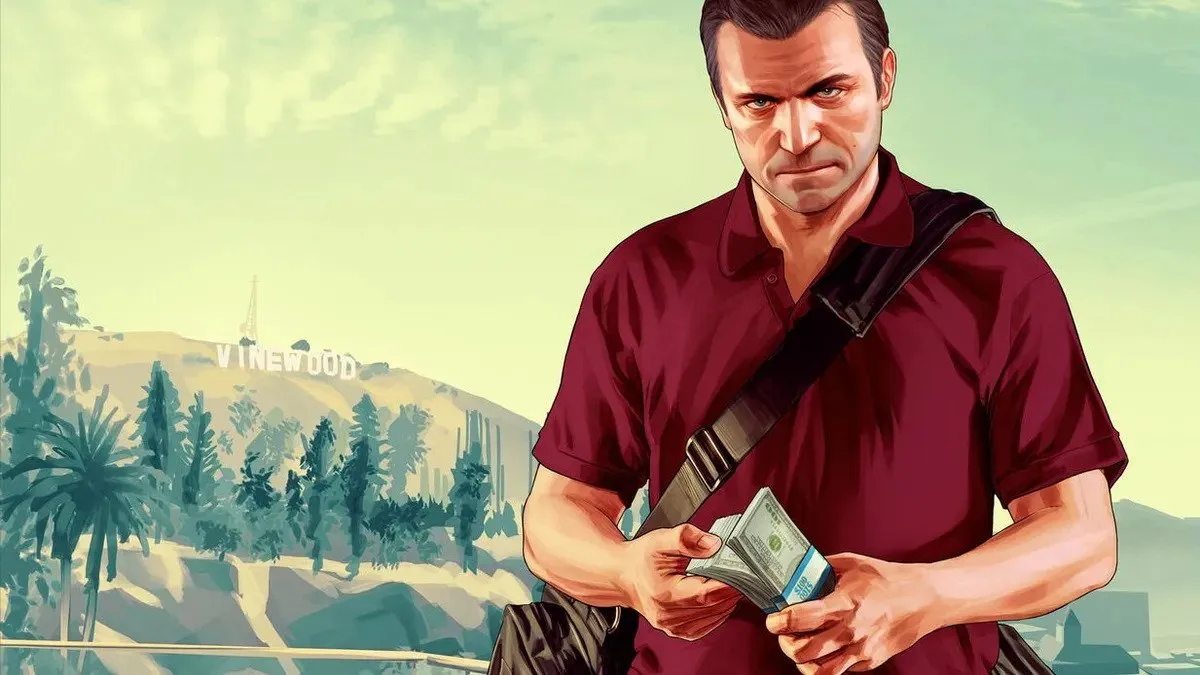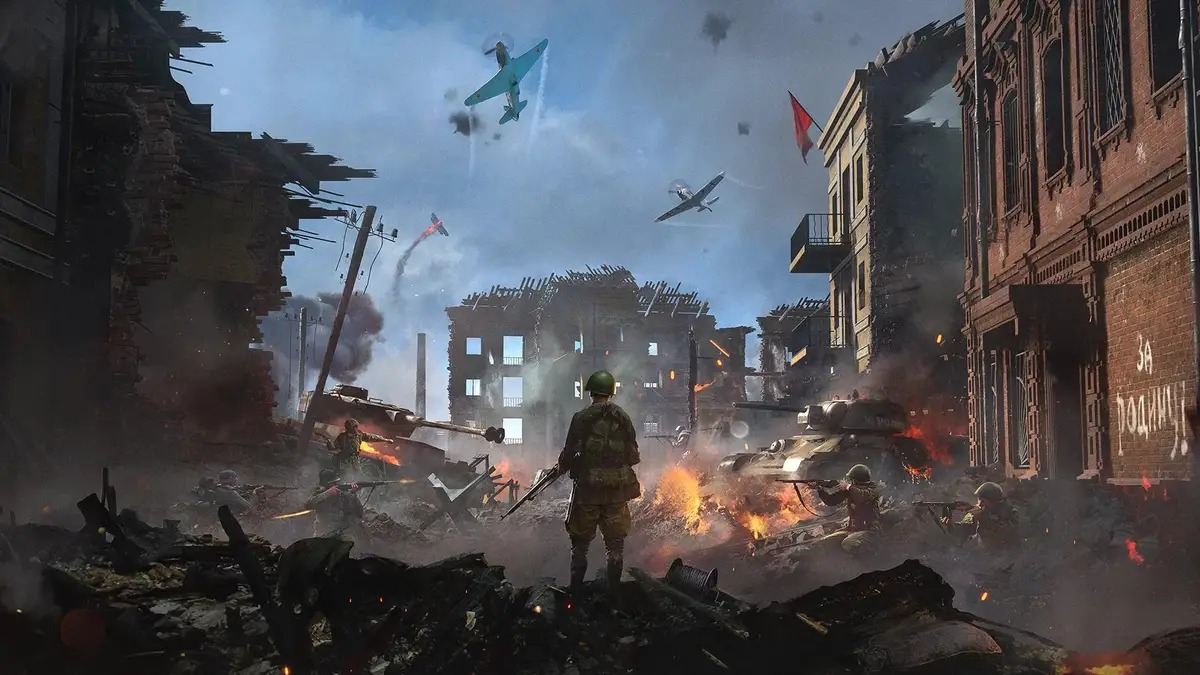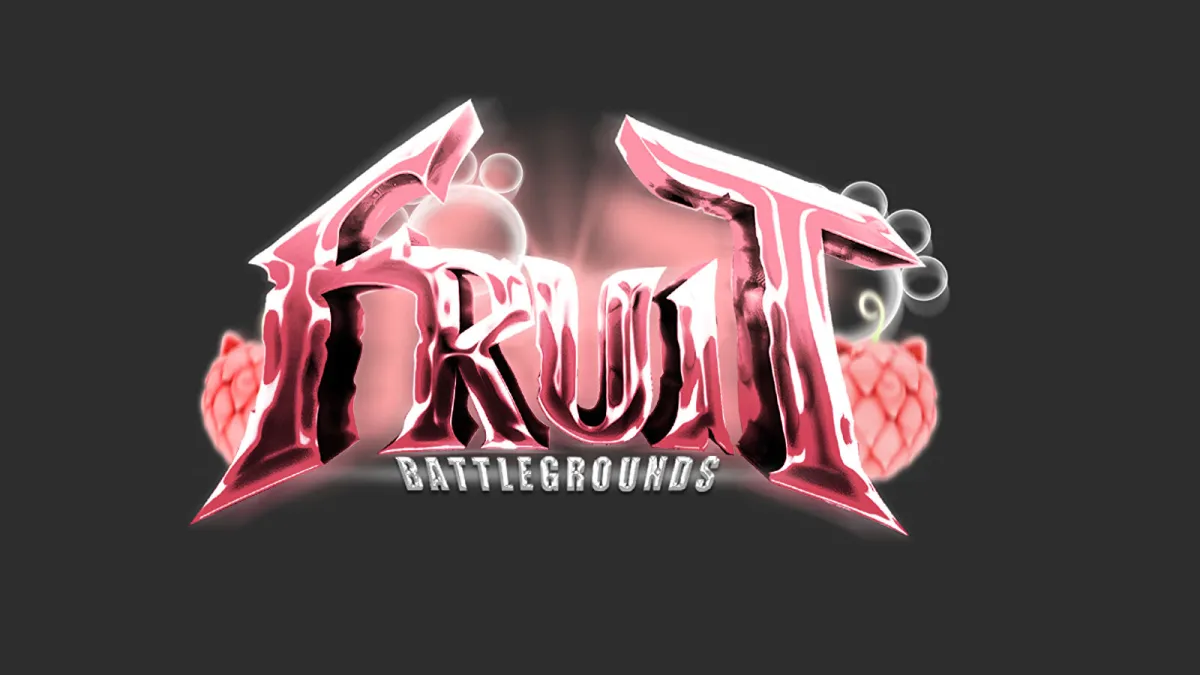Professional sports live and die on the quality of their coaches. We revere names like Vince Lombardi, Phil Jackson, and Sir Alex Ferguson as kingmakers. Coaches are often paid more than the players. But in League of Legends, one of the first esports big enough to deserve true professional infrastructure in North America, coaching is “very amateur,” according to veteran player—and new coach—William “Scarra” Li.
Li’s team, Dignitas, made one of the biggest roster transactions of the offseason when they acquired top lane monster Darshan “ZionSpartan” Upadhyaya and emerging mid lane superstar Danny “Shiphtur” Le, from Team Coast. But Li hopes a different move could have just as big an impact: his transition to coach.
“Right now, I’m still settling in to the position,” Li admits. He first assumed a coaching role midway through the Spring Split, when the team brought in rookie mid laner Greyson “GoldenGlue” Gilmer in an attempt to boost their middling results. But the move didn’t work out, and Dignitas moved Li back to the mid lane for the playoffs.
After that brief stint as coach, Li realized he had to change his approach to the job.
“Watching tape doesn’t make you a good analyst,” he says. “If it did there’d be millions of great analysts. That’s the big problem—people don’t realize that.”
“Going from that mindset to the mindset I have now, is a leap. And I think as teams start to realize this, all the teams are going to get better.”
Joining the coaching staff may seem like a purgatory for pros who’ve become a bit long in the tooth, but Li believes it’s the next frontier for League. And it’s where Dignitas could gain a competitive advantage.
“There’s so much you can do for teams,” he says. “With this kind of mindset, you can build better players. You can get better players from solo queue. It’s really really important, this mindset is blowing throughout the scene. Whoever gets this first has a big advantage.”
Since the All-Star Invitational in May, coaching quickly has become a hot button topic in the League of Legends scene, with discussions springing up on Facebook, Reddit, and media talk shows. Teams in America and Europe lack the coaching resources that Korean teams like All-Star winners SK Telecom T1 K use to build winners. That was on display in Paris as SKT unceremoniously plowed through the Western competition.
But it’s difficult to find a good coach, for a lot of reasons. In Korea, where esports has achieved something of a mainstream legitimacy, there are coaches with years of experience. But in the West, coaching has never been a viable career path in esports. In Korea, for whatever reason, players are more willing to drop the ego and accede to the demands of their coach. In the American and European scene, things are different. As Li puts it, there are “lots of egos in League and esports.”
Why should a player listen to an analyst or coach, when little qualifies them to speak about the game compared to the professional players’ talent and game knowledge?
Curse’s Christian “IWillDominate” Rivera told a story on the weekly League of Legends show Summoning Insight last week about his team, Curse, giving a coach control over the players’ practice and strategy. He recalled a specific scrim where the analyst wanted him to hard siege a tower as Lee Sin. Rivera grudgingly tried the strategy, believing he’d inevitably face jungle pressure and die. It happened, and the scrim was “wasted,” as he put it.
Is that due to the coach’s lack of game knowledge? Or the player’s half-hearted attitude in executing a strategy with which he did not agree?
“It’s really hard to be able to coach or be an analyst for a team if they don’t respect you,” explains Li. “I’m not trying to knock [players] or anything… it’s hard for them to let their ego slide sometimes.”
Letting a coach or analyst hold sway over your esports career, when one wrong step could send you plummeting out of the LCS and out of a job, is a risky proposition for a pro gamer. Just look at what happened to American side XDG last season. After some ill-advised managerial and coaching decisions, they dropped to the bottom of the table, then were relegated out of LCS at the end of the season. For your average pro, keeping control of your own destiny is much more appealing than handing it over, even if it might limit your chances for growth.
That’s why many teams are turning to ex-pros like Li and TSM’s Brian “TheOddOne” Wyllie to fill those coaching roles. It ensures the candidate has some of the required game knowledge and, hopefully, carries a healthy amount of respect from the players.
“[My team] already have a form of respect for me in the first place, and the respect just changes a little bit when I’m coach,” Li says. “And my team is not huge on egos in the first place. If I were to coach another team really big on egos, it might be even harder, even coming from a position where they respected you in the first place.”
Players already know there is value in listening to their former teammates, people who have struggled through the same challenges in and out of game. But just because you were a good pro player doesn’t mean you’ll be a good coach, or that you’ll be fully committed to the new job.
The coaching mantle didn’t seem to fit Li at first. He wasn’t entirely sure what he was doing during the Spring Split. He wasn’t sure if he’d continue as coach. And he almost didn’t.
“Right after playoffs, I said the only person I would step down for was Shiphtur,” he said. “I told my team, immediately in the room after we won.”
As things turned out, Dignitas managed to nab their prized transfer in the offseason. Danny “Shiphtur” Le was a sensation in the Spring Split, single-handedly keeping Team Coast in many games they should have lost with his brash play on assassin champions like Ahri. His fans joked he was trapped in “ELO hell”, like a ladder player held back by underperforming teammates. Dignitas offered a way out.
Li had a close relationship with Le before the transfer, and that made it a little easier for Scarra to pass the torch to his replacement. But that doesn’t mean it was easy.
“I don’t know if I will be as passionate about [coaching] as I was for playing,” he says, “because playing was my passion.”
“Quite frankly I’d be lying if I thought I could replicate that kind of passion with coaching, but I think it will be fulfilling in other ways that playing never was. It’s kind of different because in one sense its like you’re not fulfilling your own dreams in playing well and playing better. In coaching, it’s your own dream, but also others.”
Despite his misgivings, Li is already dedicating himself to his new career path. He’s reached out to as many people as possible to gather ideas and build a coaching philosophy, despite his “amateurness,” as he puts it.
“I don’t fully understand not only my job but also my responsibilities because there’s not that many people to look up to in the scene,” he says.
There’s no esports version of Vince Lombardi or Casey Stengel. There’s no coaching role models to look up to or ask for advice or just copy. It’s uncharted territory. “Overall in general, no one really knows how to coach,” Li says.
He points to two-time North American LCS champions Cloud 9 as a team that’s taken advantage of its analyst, Charlie Lipsie. And he credits Complexity’s coach as one of the reasons that side were able to surprise the scene by qualifying for the LCS. But most of the other teams either lack coaching, or aren’t fully taking advantage of their resources.
Counter Logic Gaming, for example, has an effective coach in Christopher “MonteCristo” Mykles. But as a commentator for OGN in Korea, he spends most of his time outside the US, and that limits the effect he has on CLG.
“Monte is not on site, and that’s a huge problem,” says Li, “I’ve talked to the players. I feel like his impact isn’t great, except for when he’s at the house. When he’s on site, his impact is apparently super high.”
Dignitas was one of those teams with under-utilized support last season. While they hired an analyst, Erling “Vlanitak” Krohn, his impact on the team was minimal at best. But that’s not necessarily the analyst’s fault. It’s a failure of the team for not taking advantage of him.
For Li, the word “analyst” has become a bit of a buzzword or cliche, one that’s taken on so many definitions it’s lost meaning.
“When people say they hired an analyst or I hired an analyst, I’m always confused,” says Li. “Did they hire someone who is great at macro theory? Did they hire someone who is great at micro theory?”
In Dignitas’ case, they had hired a number cruncher, someone who was “very very good with statistics,” as Li puts it. He didn’t realize how to take advantage of Krohn’s talents during his short stint at coach in the Spring Split. “It’s great that we have him, but being able to effectively use him is a different thing. And that wasn’t something I really consciously realized until after the split had already ended.”
With that in mind, Li’s already begun expanding the staff around him. Ideally, he says, he’d want a “manager, a coach, and two or three different types of analysts, and a number cruncher.” That’s a bit of a pipe dream right now, considering the cost of that many full time staffers. But he’s already made a start, adding another analyst in addition to the number cruncher Krohn. The team also has a life coach who is able to help with “mental” issues, or “issues in general.”
It’s a start, but Li is still fulfilling the duty of “micro theory, macro theory, as well as coach, manager, and dad for the team.” That might be too much for one man to handle, but it’s the first step towards pushing Dignitas into a position that could see them competing for Worlds.
The key will be integrating the two new roster pickups.
The additions of Darshan “ZionSpartan” Upadhyaya and Danny “Shiphtur” Le should boost Dignitas’ laning quite a bit. But critics say the move won’t work out, claiming that the moves didn’t fix Dignitas’ poor shot calling, and that Upadhyaya’s playstyle simply won’t work on a championship caliber squad.
Upadhyaya in particular will be a work in progress. He’s taken a lot of criticism for his reliance on carry style junglers, like Jax, and his tendency to favor split pushing over team fighting, something that both helped and hurt Coast at times last season. But Upadhyaya also posted the highest solo kill tally for a top laner last season, and there’s no denying his mechanical skill. Li says the critics have blown things out of proportion, though he may still need to reign in Upadhyaya a little bit.
“He just likes to kill stuff. I guess he’s aggressive because of that, but generally he’s just a solid player,” says Li. He’s not worried about Updadhyaya’s split pushing tendencies or his reliance on carry champions; those were things that Team Coast required. On Dignitas, things will be a bit different. But Li realizes Upadhyaya has his flaws. “His team fighting isn’t amazing,” says Li. And that’s something for the coach to fix.
Li also doesn’t see the shot-calling as an issue. The same crew who handled the duties for Dignitas last year will still be leading the team. Jungle Alberto “Crumbzz” Rengifo and support Alex “KiWiKiD” Nguyen handled most of the duties, with star marksman Michael “Imaqtpie” Santana handling team fight focus targets. That’s unlikely to change with the new additions, despite Upadhyaya reportedly handling calling duty for Team Coast.
But that doesn’t mean it isn’t an area of concern for Li, or perhaps the biggest area he needs to address.
“A lot of teams just don’t understand macro theory very well,” he says. Macro theory, which Li explains as “general ideas about winning the game”, like how to rotate around the map to secure objectives and gain small advantages, will be his main focus this year. While micro theory, how to win your specific lane matchup, or perform better with your particular champion, is important, Li says that the only team in the NA LCS with good enough macro to justify a focus on micro is Cloud 9.
That’ll be Li’s tallest task, heading into the season—improving Dignitas’ macro game. It’s one especially important for a team infamous for throwing at Baron. The two new players from Team Coast also struggled to close out games, best exhibited in their first match in their relegation series against Complexity, where they threw away a massive advantage.
“There’s a lot of pressure on teams to perform super super well. It’s not good enough to be third best anymore. You have to be first,” says Li. “There may not have been risk of relegation before, or risk of not going to worlds, but now the competition is so high there’s a chance of getting relegated. Even for a team like TSM.”
And with Dignitas adding a new coach to help integrate two of the top carries in last year’s NA LCS, who knows? Maybe Dignitas will be the team knocking TSM out of their top three rank and spot in Worlds.
“There’s a lot of stuff I can’t get into, because I need the edge,” Li says. “I need every edge I can get to go to Worlds this year.”






Published: May 22, 2014 06:00 am